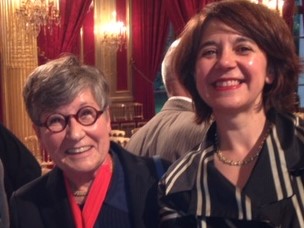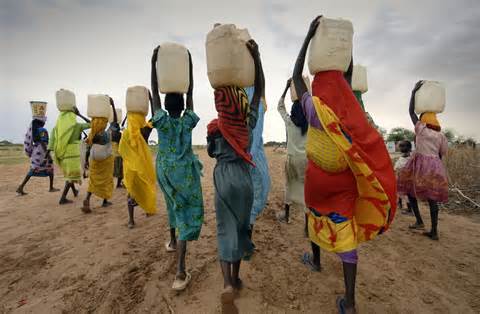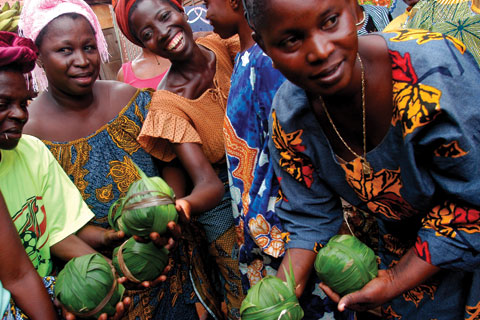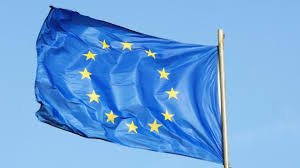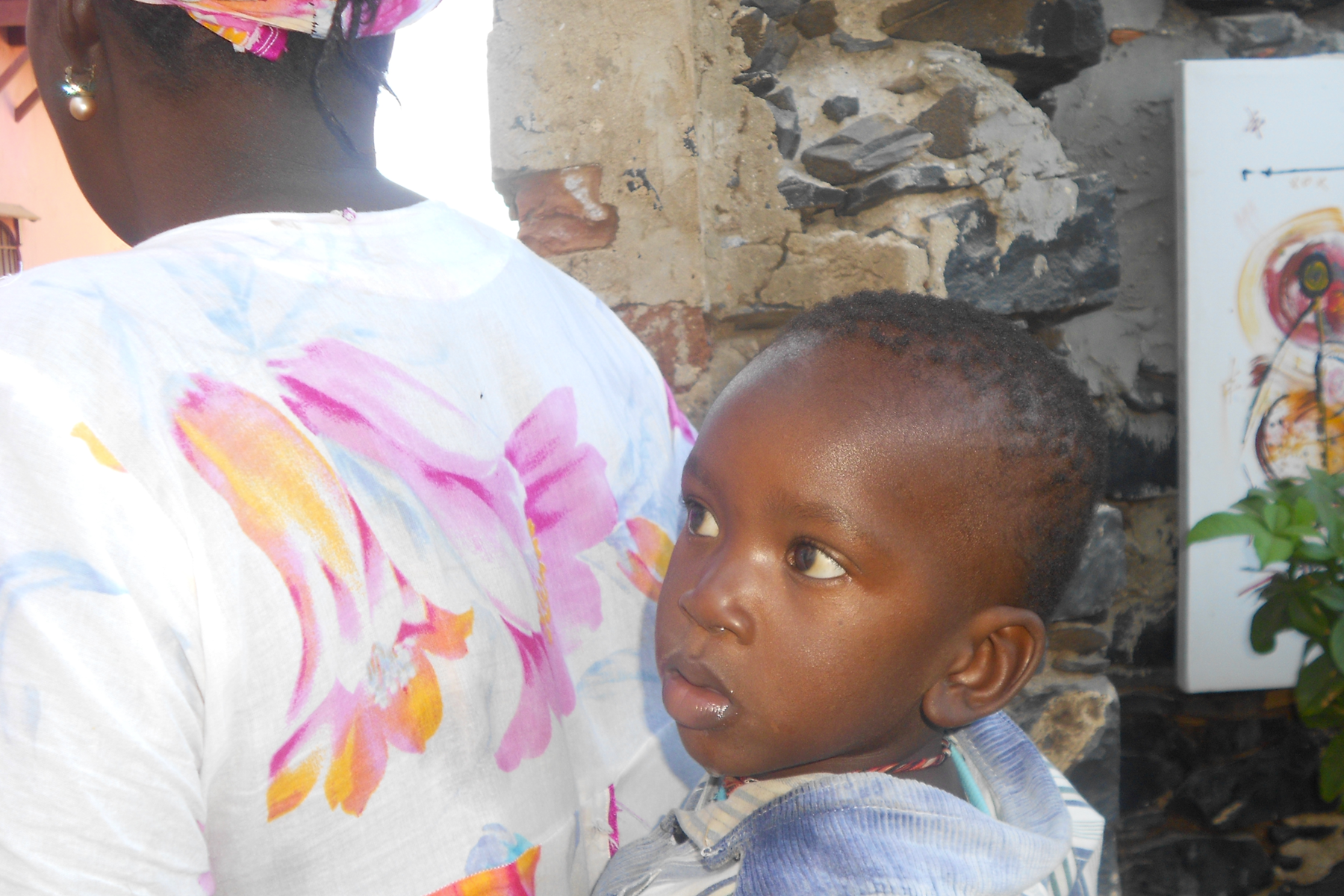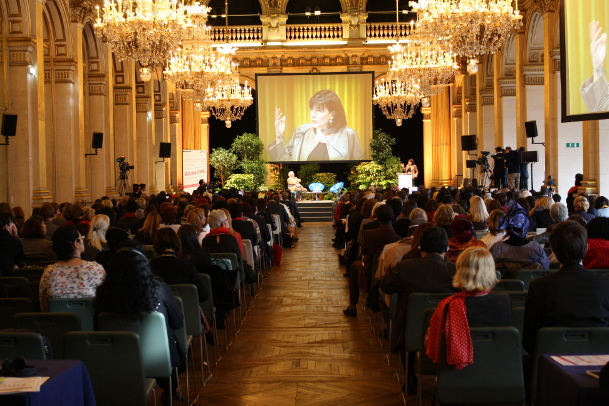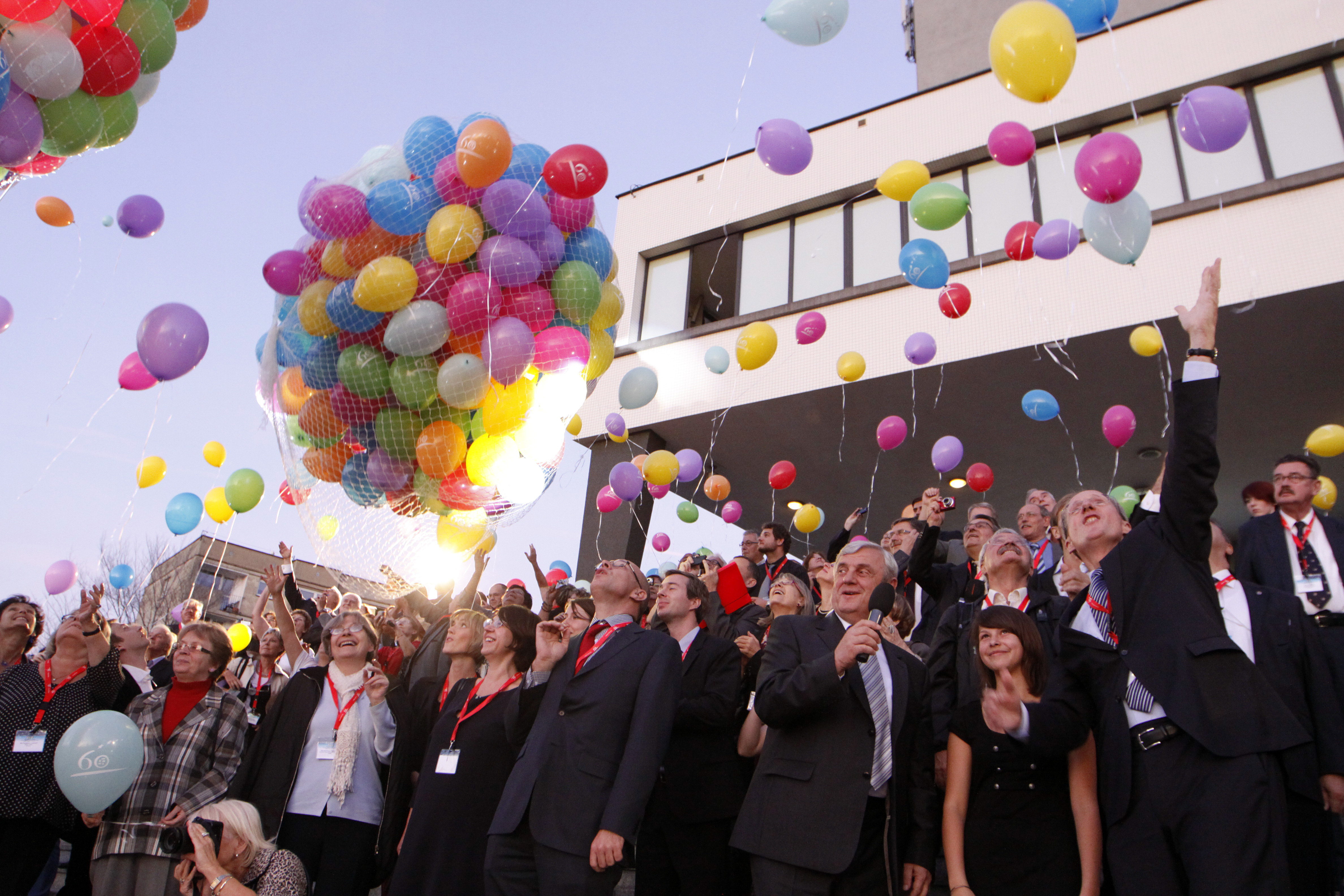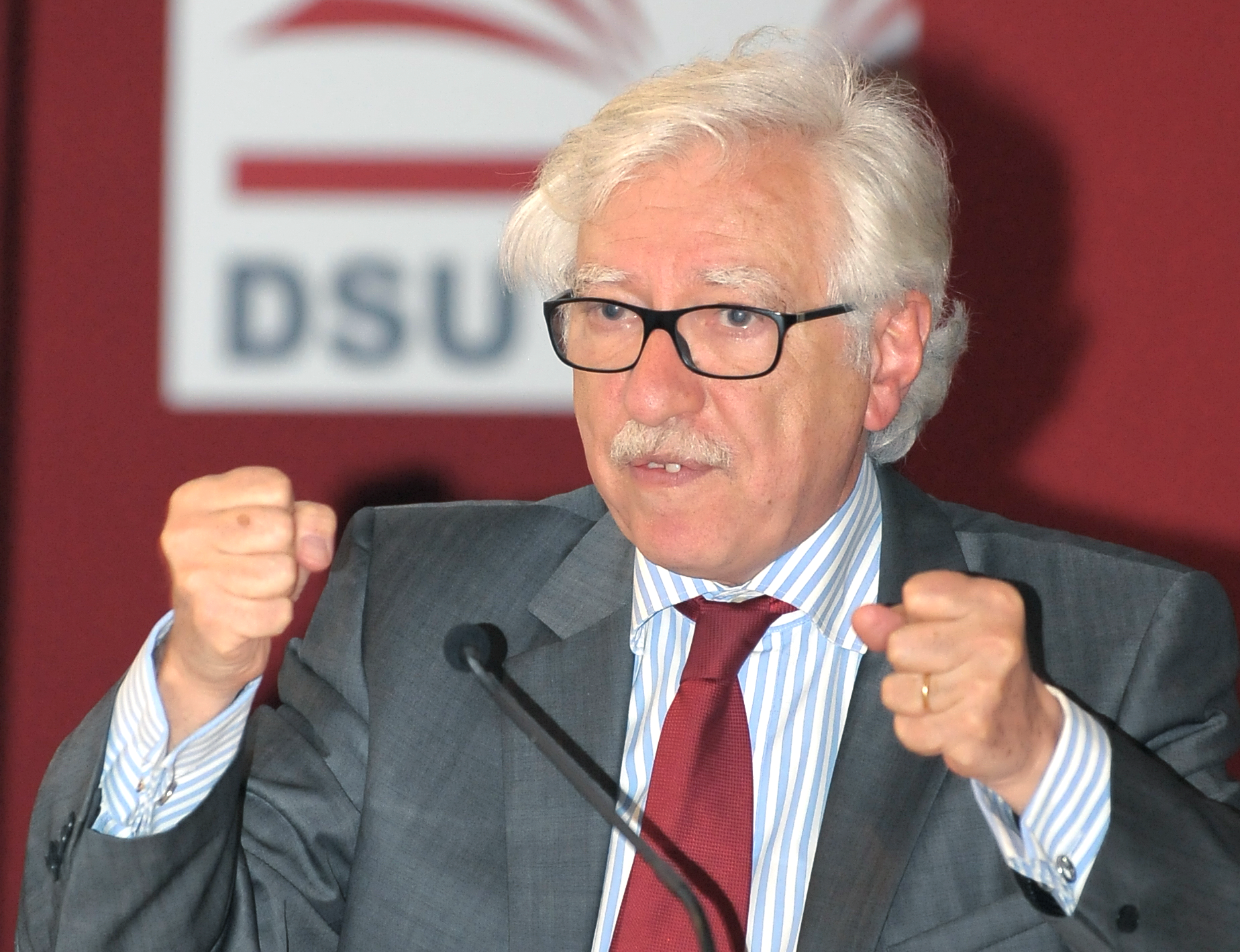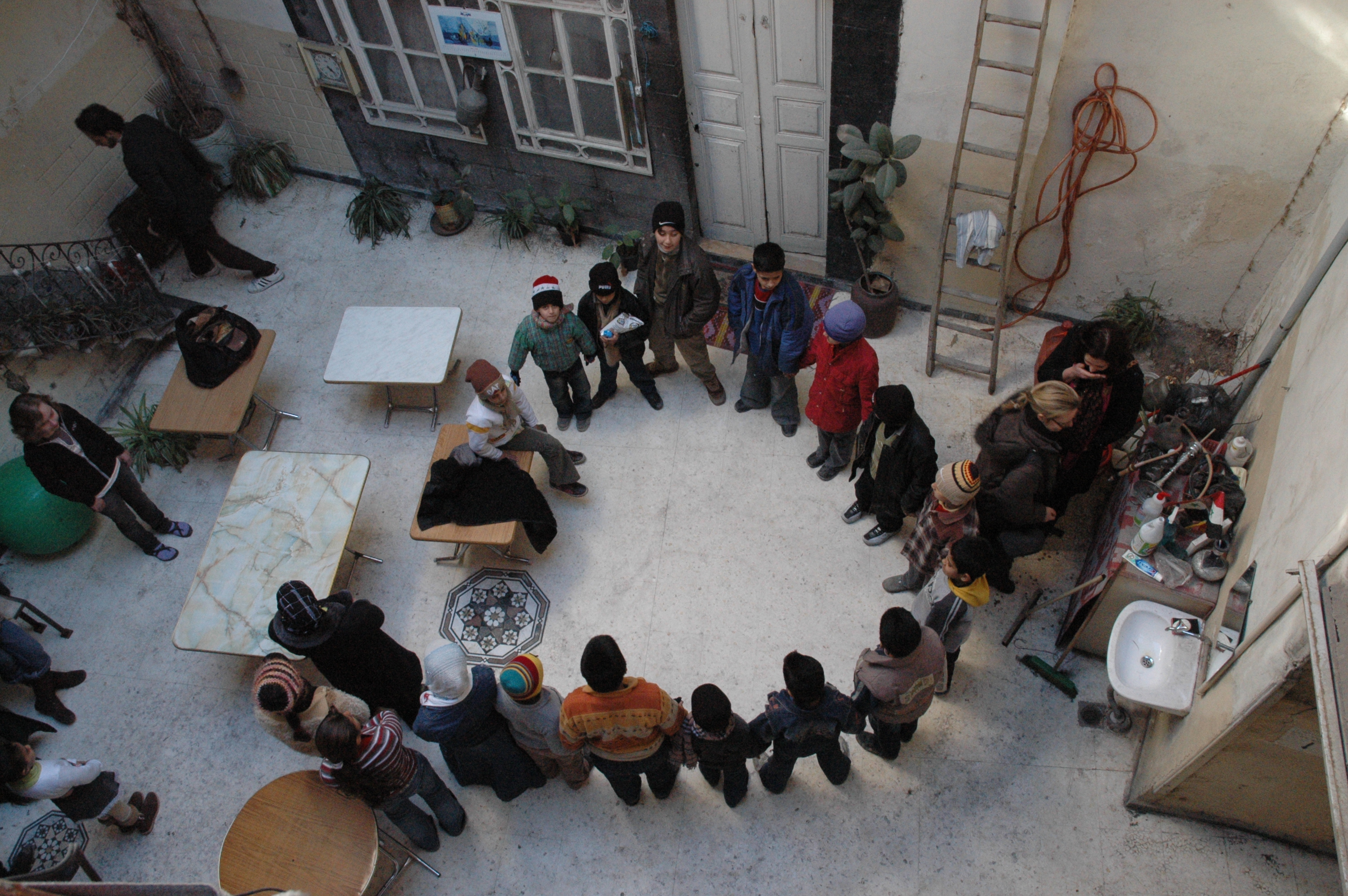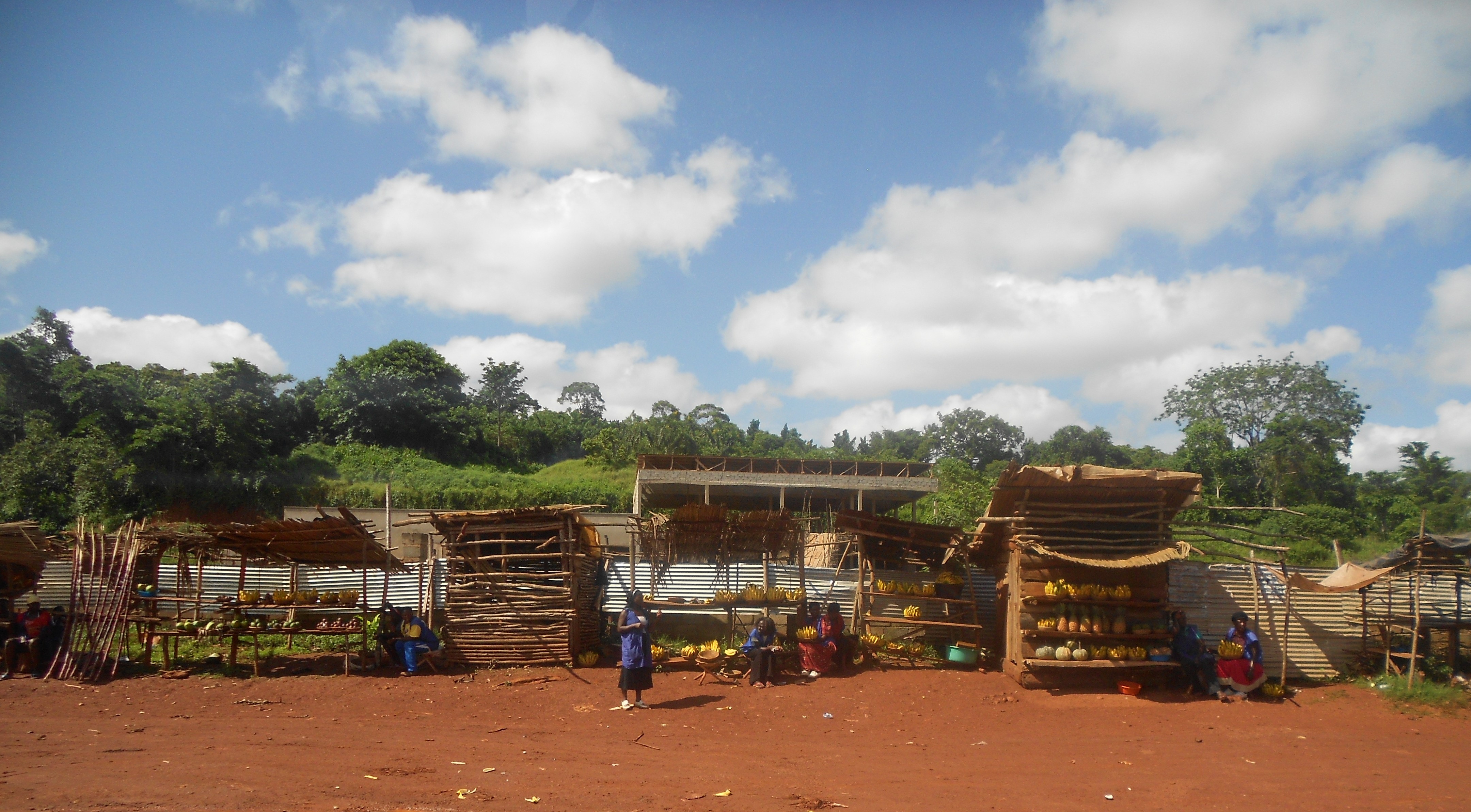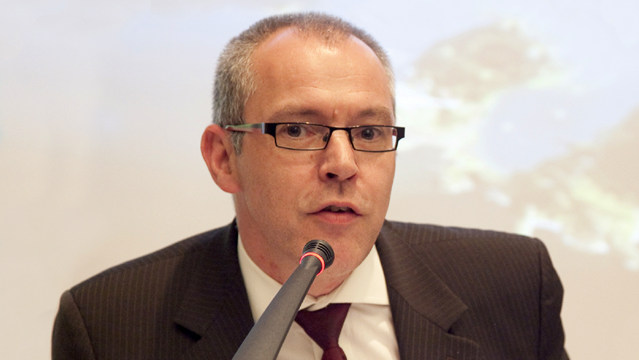Gender equality on the agenda of the Committee of the Regions

I was happy to respond to the invitation of the Committee of the Regions to introduce and moderate the debate “Democracy in action: women in politics” in the framework of the Summit of European Cities and Regions which took place in Marseille on 3-4 March 2022 within the French EU Council Presidency.
“There cannot be true democracy unless women’s voices are heard. There cannot be democracy unless women are given the opportunity to take responsibility for their own lives. There cannot be true democracy unless all citizens are able to participate fully in the life of the country”. I chose this statement of Hillary Clinton, former US Secretary of State, to open the session which was particularly successful as far as number of participants and their contribution to the debates were concerned.
For introduction, a few data on the presence of women in political decision making at local level, in the EU : with an average of 34, 4% in the EU, the following five countries are leading: Sweden (43, 3%), France (42,2%), Spain (40, 8%), Finland (40, 2%) and Belgium (38, 6%). Three countries have less than 20%: Greece (18, 2%), Cyprus (15, 3%) and Romania (12, 4%). The percentages of women mayors are even lower, with an average of 15, 4% and only two countries with more than 30%: Sweden (32, 1%) and Finland (30, 5%). On my website, I have already addressed related issues such as data, obstacles and possible measures to support women's participation in politics.
I want to underline here the role of the debate within the Committee of the Regions. Many years ago, when I was responsible of the CEMR Committee of elected women at local and regional level, more precisely between 1996 and 1998, I had participated in the working group for equal opportunities within the newly settled Committee of the Regions (created by the Treaty of Maastricht, in 1992). This working group was launched thanks to a group of women among whom I wish to recall Rosemary McKenna, Member of the UK delegation and Chair at that time of the CEMR Committee of women elected. As a result of this work, the Committee of the Regions had adopted a document for the recognition of equal opportunities in the framework of its work and functioning, but increasing the number of women in the national delegations depends on the nomination process in the Member States, and it seems to be very difficult to achieve this objective.
, with gender equality high on the international agenda, it is a good news that the CoR opens the debate again and the Marseille session was certainly a great step forward. Several members of the Committee of the Regions took part in the debate, women and men. Among them Carola Gunnarsson , vice-president of CEMR and UCLG, member of the Swedish Association which has played a key role for the great progress of gender equality in CEMR and with whom I have had the pleasure to collaborate for many years.
The CoR has already underlined the gender dimension in several opinions in these last years : in the report of Donatella Porzi on “the gender dimension of structural and cohesion funds 2021-2027”, for example, or in the report of Kata Tüttö on “Gender equality and climate change : towards mainstreaming the gender perspective in the European Green Deal”. The President of the Regional Government of La Rioja (Spain), Concepcion Andreu Rodriguez, had been rapporteur on “the Gender Equality EU Strategy 2020-2025” and requested that local and regional authorities be recognized as key actors in the design, implementation and monitoring of the strategy.
At the end of the session held in Marseille, after different contributions recalling the main issues concerning the participation of women in politics today, including many forms of violence and the growing phenomenon of online sexist and misogynist remarks and intimidation against women in politics, recalling that there cannot be gender equality without women in political decision making,

I also underlined how important gender equality is in the framework of the EU Recovery Plan.
Women have given a lot during the pandemic; they have been in the front row to save lives, they have struggled to conciliate their professional lives with their personal lives when they had to take care of their children who could not go to school, many have lost their jobs. Today it is clear that gender equality needs to be a crucial point of the implementation of the Recovery Plan.
this session in Marseille, some months later, it has been great to see that gender equality was taken into account in the Annual Report of the CoR on the State of the Regions and Cities published in October 2022. Moreover, the issue of the share of women elected was more concretely taken on board in the resolution on the same topic, thanks to an amendment introduced by the Greens, the Socialists (PES) and the Liberals (Renew Europe), stating that the "CoR therefore will launch reflections on how to increase women's participation in its work, its leading positions and its composition, and calls on the Member States to organise initiatives aimed at empowering women in local and regional politics to overcome the discrimination in the political world and fighting the obstacles women encounter through their path, including stereotypes." Congratulations to the CoR and to the Greens Group for this initiative, with a particular reference to my former colleague Angelika Poth Moegele, today secretary general of the Greens in the CoR, whose commitment for gender equality I know and appreciate.
Now the work can start ..it will be a pleasure to bring again my contribution, when needed!
1)Source: EIGE – European Institute for Gender Equality (www.eige.europa.eu);
2)Carola Gunnarsson is Mayor of Sala (Sweden) and today President of the Swedish Association of Local and Regional authorities.




 All news
All news
